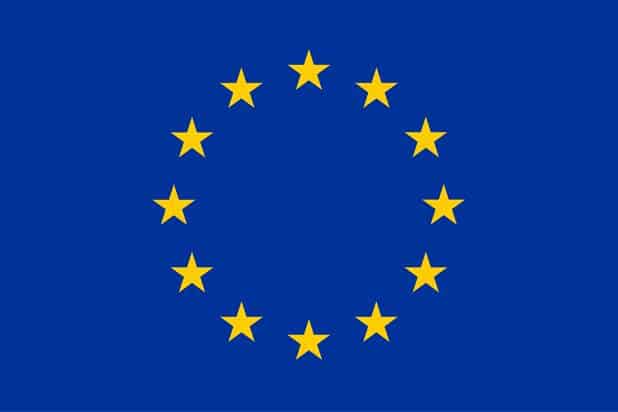DIGI-B-CUBE: Catalysing digital innovation ecosystem for SMEs

The DIGI-B-CUBE project, funded under Program Horizon 2020 by the European Union (EU), aims to establish a cross-border and cross-sectoral ecosystem that combines digital innovations from the IT sector with three key important industries (Bioimaging, Biosensing and Biobanking) within the health sector.
DIGI-B-CUBE activities started officially through a two day kick-off meeting hosted by the project coordinator, Oslo Cancer Cluster, during 27-28 May 2019 @ Oslo, Norway. The 9 consortium partners of DIGI-B-CUBE attended the Kick-off meeting on 27 and 28 of May in Oslo and discussed the main action points for accelerating the project activities.
The participation of clusters is a key part of this project which aims to bring together companies from different sectors and promote the creation of combined solutions. The welcome note was delivered by Ketil Widerberg, General Manager of Oslo Cancer Cluster, who spoke about digitalisation solutions which will reconfigure how health treatment is provided and lead to more effective diagnosis and enable personalised medicine.
The two-day meeting was the starting point of a project that aims at increasing the innovation in SMEs towards achieving agility, efficiency and accuracy of diagnosis and treatments offered to patients.
DIGI-B-CUBE’s multi-disciplinary consortium are located across the Europe viz., Austria, Belgium, Germany, Greece, Norway, Portugal and Spain. The consortium is composed of a cluster network (DNT), five clusters (OCC, Ci3, INFOPOLE, SECPhO and BIZ-UP), and three SME partners (NMD, MOT and SPI). This project brings together clusters from various sectors & focus areas such as Biopharma, IT, Biotech, Personalised Medicine & Digital Health, ICT, IoT & Cyber-security, Analytical Instruments & Medical Devices, Medical Materials, Optics & Automation, Micro & Nanotechnology, Automotive, Cleantech, Construction, Plastics, Food and Medical Technology.
The project aims to unlock the cross-sectoral collaborative potential of SMEs by combining Artificial Intelligence (AI), Cognitive Computing Digital Technologies (CCDT) with the Bioimaging-Biosensing-Biobanking (B-CUBE) industries to deliver market sensitive disruptive technologies and generating innovative solutions that enhance patient-centred diagnostic work-flows, delivered through the improved algorithms for Medical Diagnostics’ efficiency and accuracy. By integrating innovations in IT into Bioimaging, Biosensing and Biobanking industries, this project will accelerate the goal of personalised medicine that can eventually offer patients with fast and efficient diagnosis-treatment-healthcare system.
What is “B-CUBE”?
“B-CUBE” is an abbreviation for bioimaging, biosensing and biobanking.
- Bioimaging, or biological imaging, refers to when creating images of the human body or parts of it to diagnose or examine disease.
- Biosensing is the measurement of a chemical substance, for example glucose monitoring in diabetes patients or other medical health related targets.
- Biobanking is the storing of human biological samples so that they can be used for medical research later.
The large and complex datasets derived from these fields will require automated processes. Digital innovation will reconfigure how health treatment is provided and will lead to more effective diagnosis and will enable precision medicine.
DIGI-B-CUBE will foster the development of customized solutions and prototypes by providing innovative small and medium-sized enterprises (SMEs) in the EU and Associated Countries with access to vouchers of up to € 60,000. The voucher scheme call will be launched in April 2020, but SMEs can start engaging in the project’s activities in the coming months by participating in the project´s sectoral and cross-sectoral workshops as well as matchmaking sessions.
For more information, please follow us on social media and stay tuned with our website: http://digibcube.eu
● Facebook ● LinkedIn ● Twitter

This project has received funding from the European Union’s Horizon 2020 Research and Innovation programme, under Grant Agreement nº 824920.